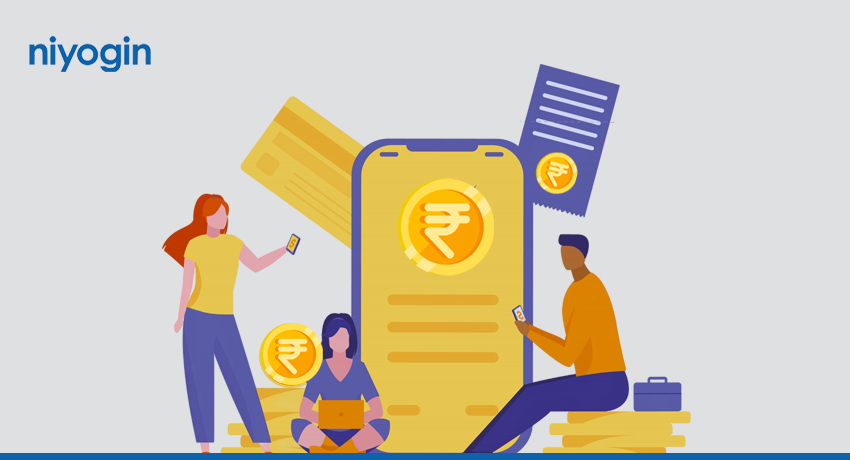How Digital Platforms Are Revolutionizing Credit Access

The digital revolution has irrevocably reshaped industries worldwide, and the credit sector is no exception. Technological advancements are propelling a paradigm shift in how individuals and businesses access financial resources. With unprecedented speed, convenience, and inclusivity, digital platforms are democratizing credit, making it more accessible to a broader range of borrowers.
Expanded Access to Credit
One of the most significant impacts of digital platforms is the expansion of credit access. Traditionally, obtaining credit often required navigating cumbersome paperwork and dealing with lengthy approval processes. Digital platforms, however, streamline these processes, allowing users to apply for and receive credit with just a few clicks. According to a 2023 report by the World Bank, digital lending platforms have increased credit access by 20% in emerging markets, where traditional banking infrastructure is often limited.
Enhanced Inclusivity
Digital platforms are also breaking down barriers to credit for underserved populations. Fintech companies leverage alternative data such as payment histories from utilities and telecommunications to assess creditworthiness, making it easier for individuals without traditional credit histories to access loans.
This approach has proven effective; a study by the McKinsey Global Institute found that alternative data usage in credit scoring has led to a 25% increase in loan approvals for individuals from low-income backgrounds.
Efficiency and Speed
The efficiency and speed of digital credit platforms surpass traditional methods.
Automated systems and artificial intelligence (AI) allow for rapid processing of applications and real-time credit scoring.
A recent survey by PwC revealed that 65% of borrowers on digital lending platforms reported receiving their funds within 24 hours of application approval, compared to an average of 10-15 business days through traditional banks. This rapid turnaround is particularly beneficial for small businesses and individuals facing urgent financial needs.
Personalization and Customer Experience
Digital platforms enhance the borrower experience through personalized services. AI-driven algorithms analyze user behavior and preferences to offer tailored credit products and recommendations. This personalization improves user satisfaction and helps borrowers find products that best suit their needs. According to a report by Accenture, 70% of users on digital lending platforms reported higher satisfaction levels due to the personalized nature of the services they received.
Data Security and Privacy
Despite these advancements, digital platforms must address concerns around data security and privacy. With the increased reliance on personal and financial data, safeguarding this information becomes crucial.
Leading platforms invest in advanced encryption technologies and adhere to stringent regulatory standards to protect user data. For instance, the European Union’s General Data Protection Regulation (GDPR) has set a high standard for data privacy, and compliance with such regulations is becoming a norm for global digital credit platforms.
Future Outlook
Looking ahead, digital platforms are expected to continue driving innovation in credit access.
Advances in technologies such as blockchain and biometric authentication promise to further enhance security and streamline processes. As digital platforms evolve, they will likely offer even more inclusive and efficient solutions, making credit accessible to an increasingly broad audience.

